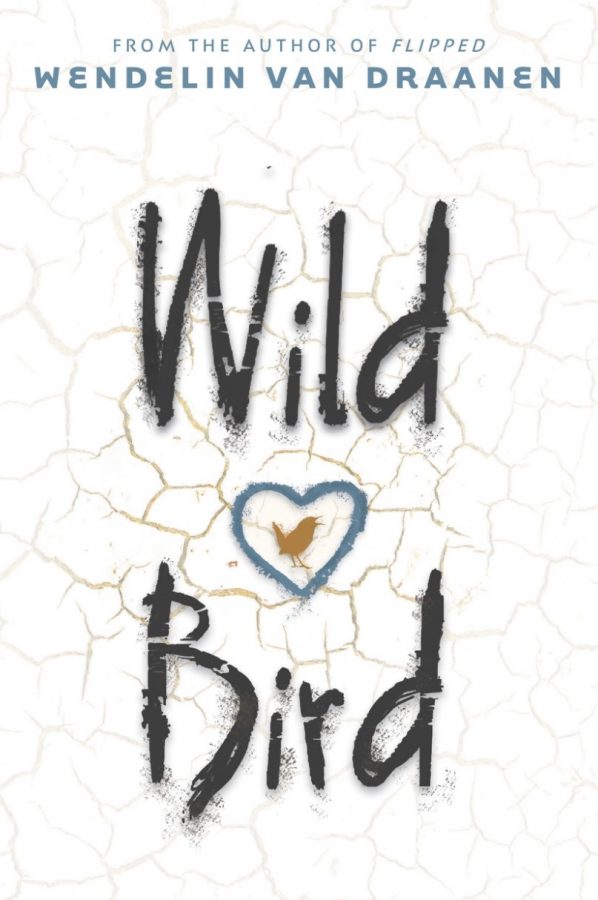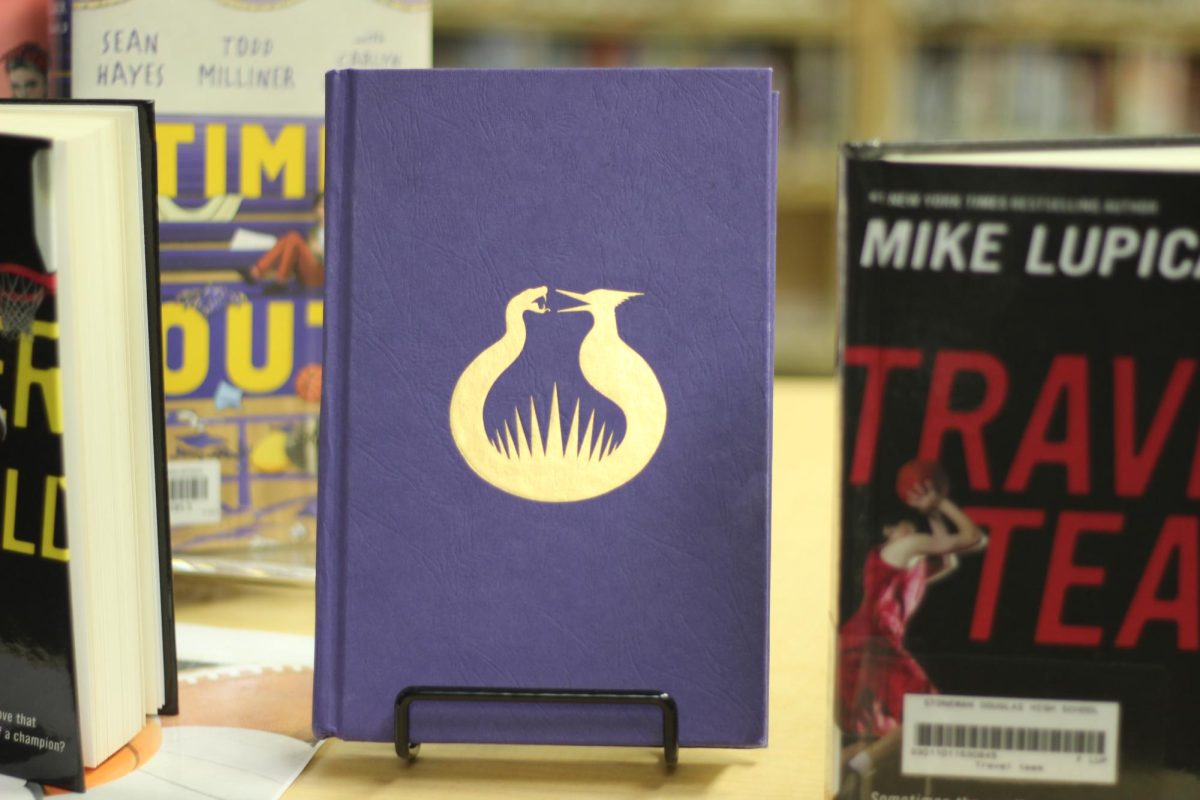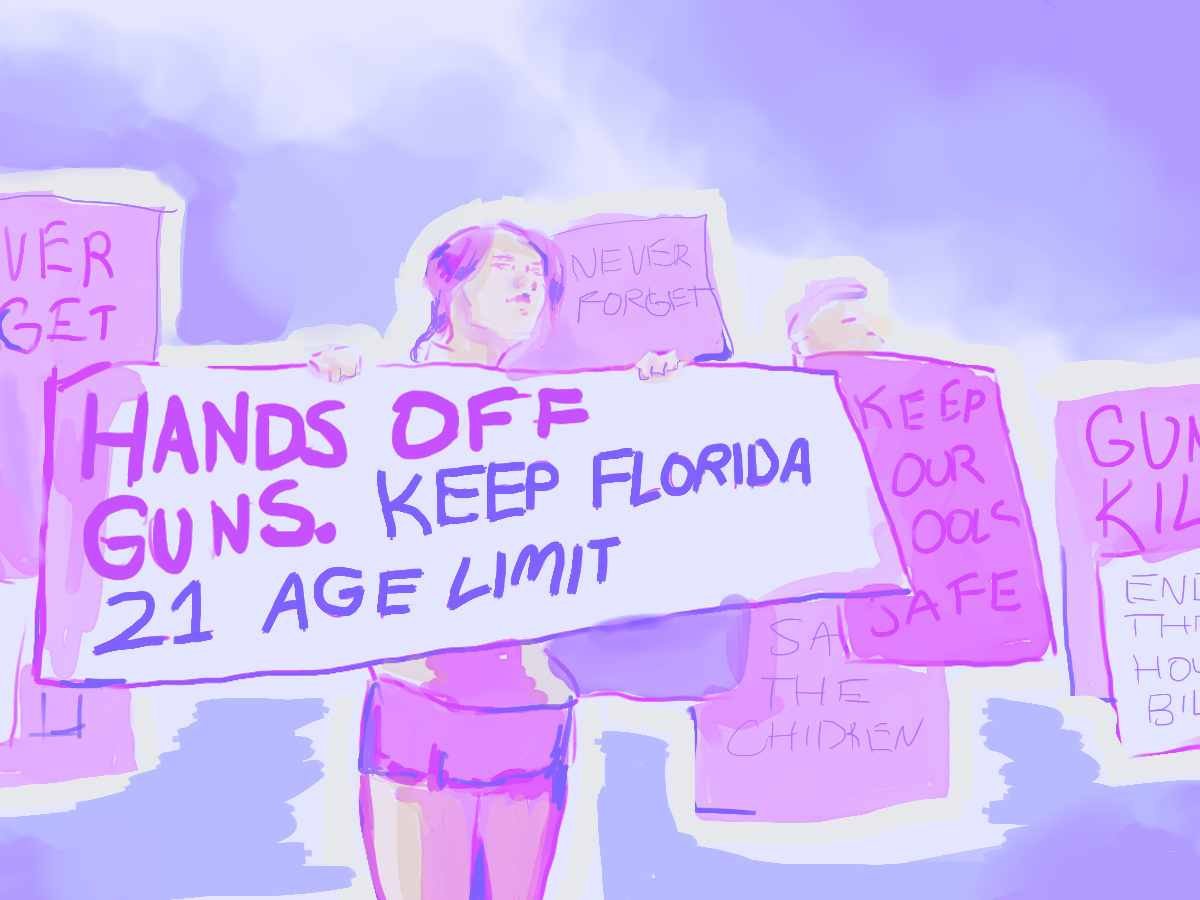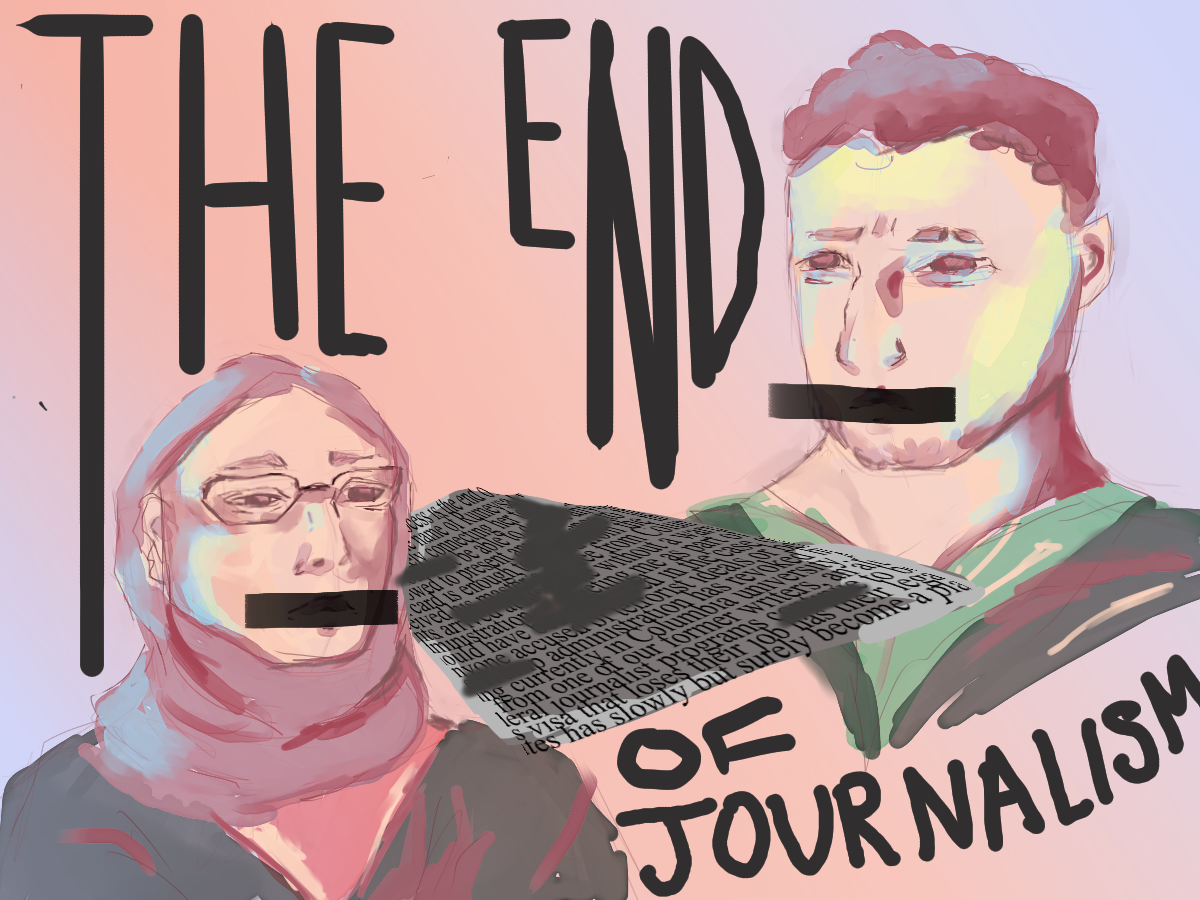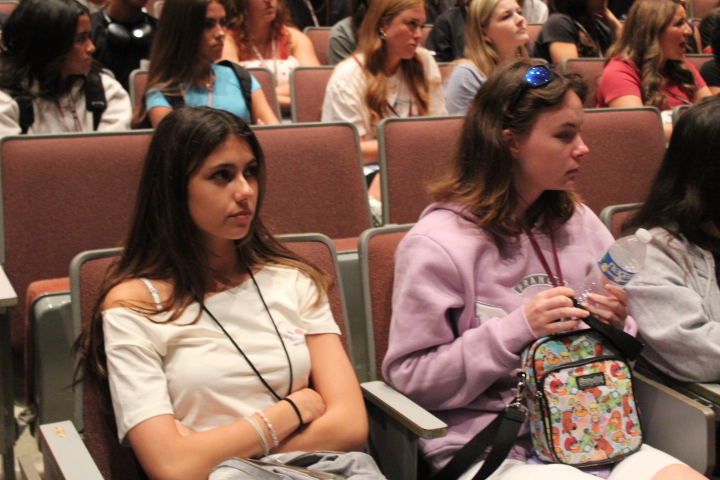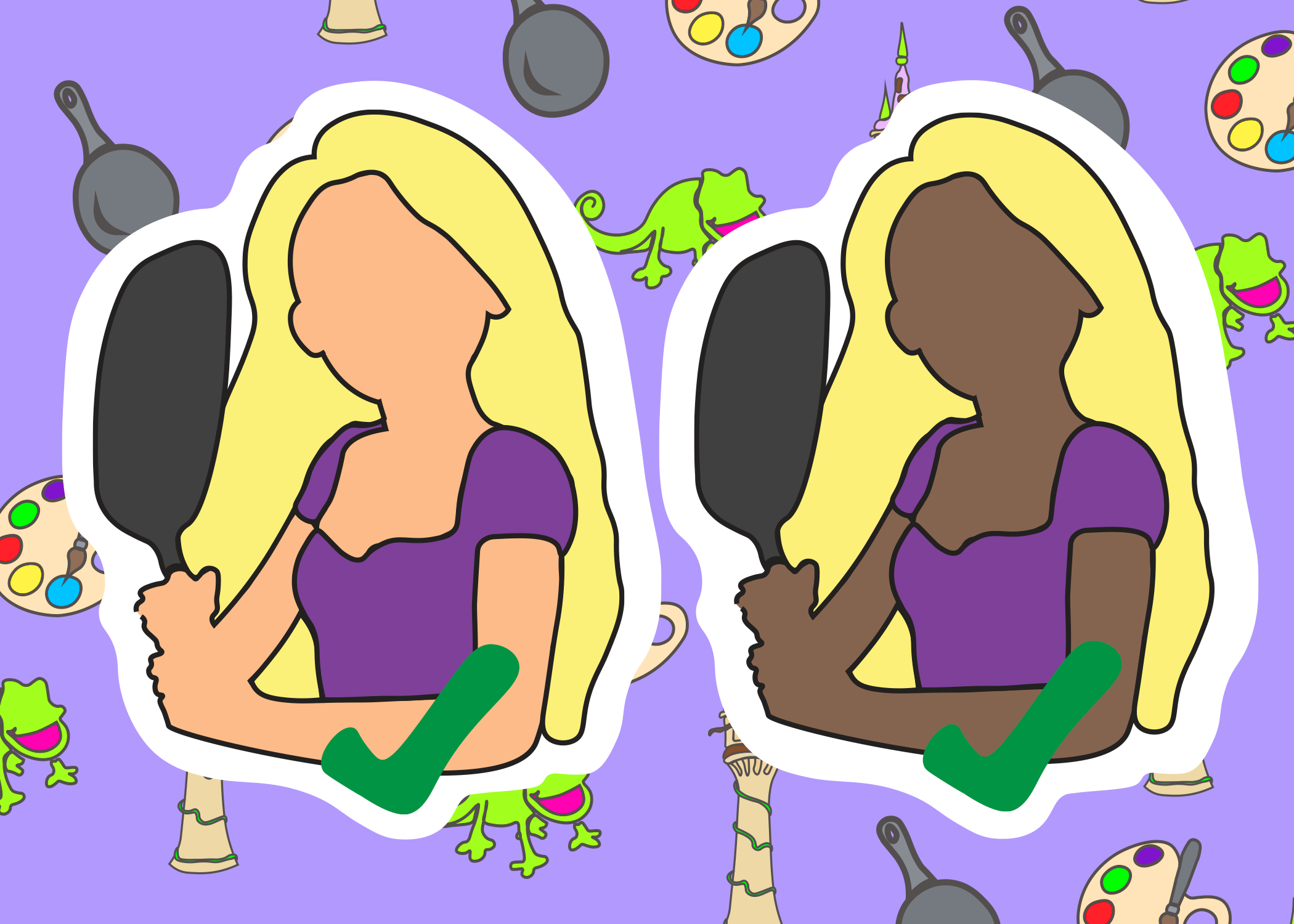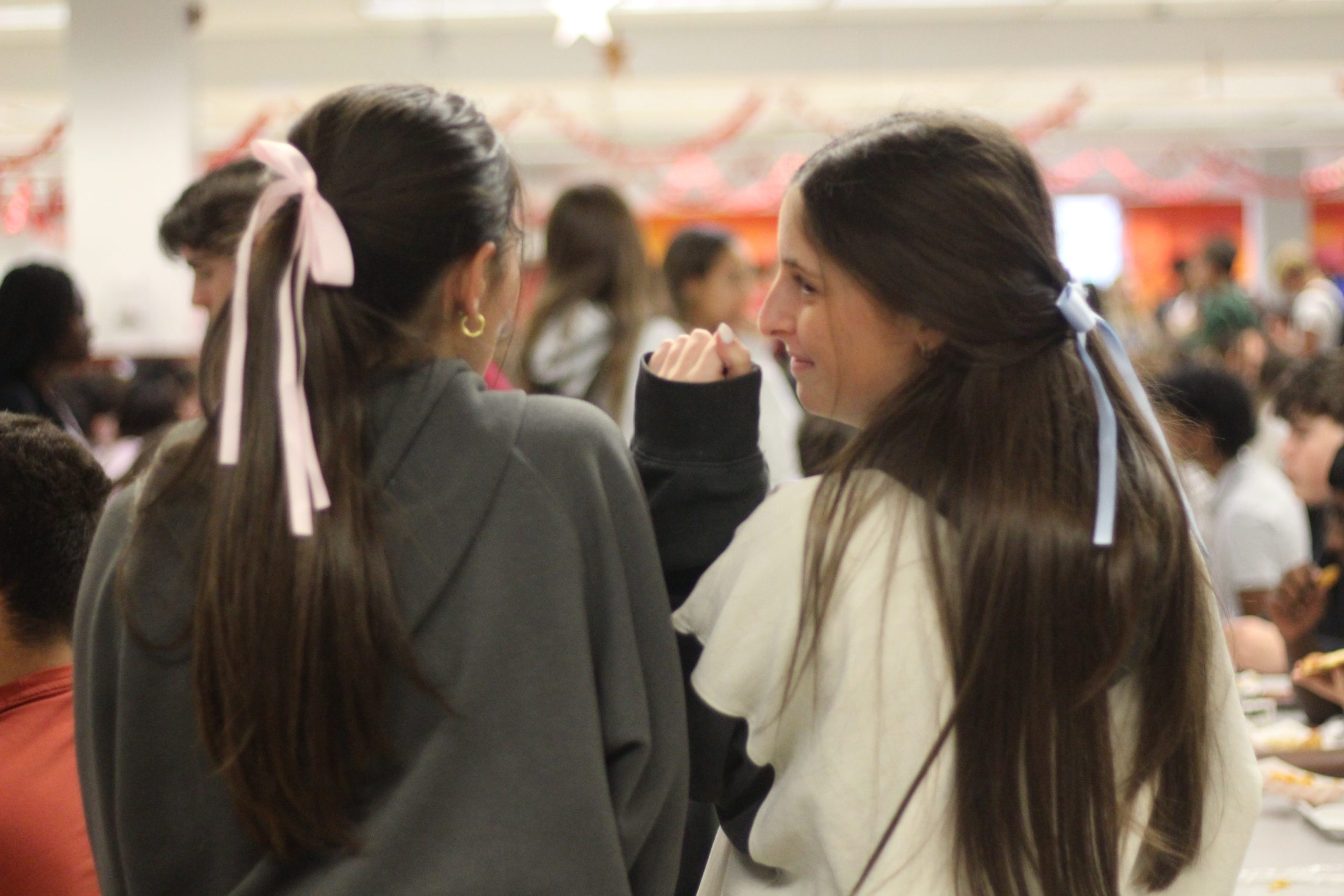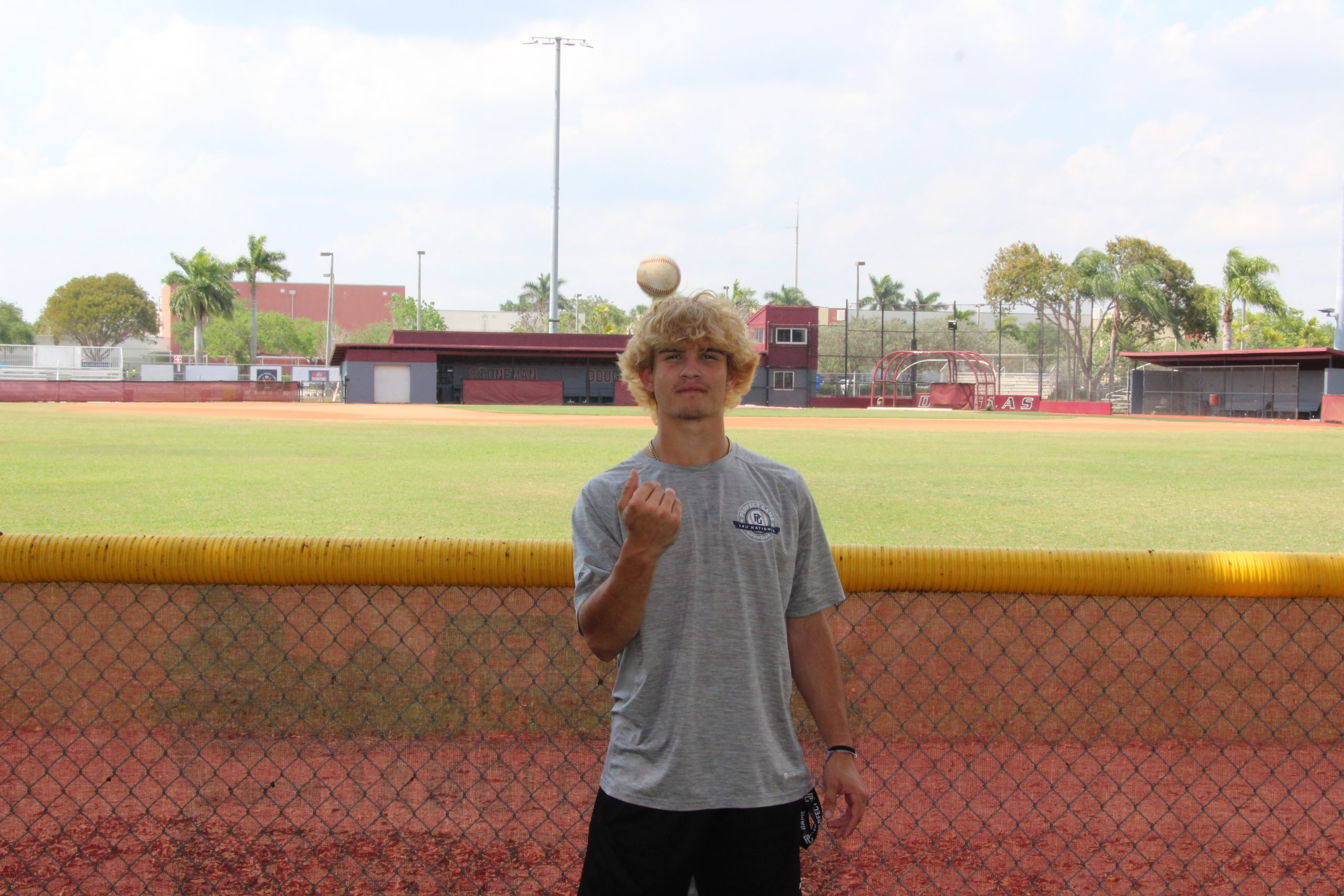[Review] ‘Wild Bird’ by Wendelin Van Draanen profoundly explores a problematic teenager’s improvement
March 2, 2021
In her novel, “Wild Bird”, Wendelin Van Draanen weaves a story about how the protagonist Wren, a model problematic student, confronts her past failures to forge a new, self-realized identity. The book strikes a chord with teenagers facing difficulties such as substance abuse, youth crime, and a toxic relationship with school, family and friends.
Van Draanen is notable for writing books such as “Flipped” and “The Running Dream”, both of which illustrate her focus on creating inspirational and encouraging stories for younger audiences. Similarly, while “Wild Bird” holds the genres of survival, adventure and young adult, it focuses on the latter two genres as a coming-of-age psychological exploration of the causes and effects of people’s failures in communication and connection.
“Wild Bird” introduces Wren at rock-bottom: suffering from addiction, failing in school, suspected of illegal misconduct, and deprived of emotional support. Her parents, desperate and grasping at any possible solutions to her downwards spiral into immorality, instate her in a wilderness therapy camp in Utah, to be surrounded by other girl campers with similar traumas, myriad survival tips and tools, and the vast desert.
In the beginning, Wren is bitterly fuelled by hatred and denial. Her personality is brash and cheeky, and she flaunts her bravado and superiority to cope with her mistakes and stifling desire for recognition and respect. Over time, Wren’s acts of compassion and empathy in face of hopelessness draw the reader in all the more, as her desire to improve herself is legitimized by the work she puts into committing to her shaped identity.
Rather than being thoroughly introduced in the beginning, her past mistakes and burdens are slowly established through flashbacks. This narrative structure effectively parallels Wren’s growth as she dismantles her denial bit-by-bit to reconcile and move past her issues. Interestingly, this allows the novel to simultaneously explore Wren’s journey of descent and ascent.
The withholding of the events that led to Wren’s time at the wilderness therapy camp also keeps the reader in suspense, which leads to their dawning realization of the cruel brutality of how the small failures of Wren and her former toxic environment add fuel to the fire of her destructive hatred.
The setting of the wilderness camp also fittingly illustrates how Wren’s increasing interactions with her environment demonstrate her gradual journey of self-improvement. The vast, untamed desert is a reflective medium for her to reconcile with her past, as its barren landscape represents the elimination of her ability to deny her issues.
Since the story focuses on establishing a connection between Wren and the reader, her status as an unreliable narrator allows the reader to better grasp her unstable state of mind, as seen by her informal language and childish assumptions about other characters and her environment.
However, this lack of omniscient direction obscures the establishment of a traditional narrative system. This narrative confusion is most exemplified in the beginning, as Wren’s only goal is to refuse to pursue self-improvement, which places her at odds with the system established within the camp.
Additionally, Wren’s initial strong judgemental pessimism and avoidance of her surroundings also obscures the true nature of the other characters, such as the campers. As a result, the reader doesn’t form as strong a connection to the other characters, because there is not enough information about them.
Further exploration into their various conflicts would mitigate this lack of connection by satisfying the reader’s curiosity towards their lifestyles and traits, and strengthen the theme of how healthy relationships depend on vulnerability and communication.
In “Wild Bird”, the characters’ struggles to improve their quality of life demonstrate that despite their flaws, people can improve and move past the burdens of their mistakes and traumas, given the right opportunities, environment, and mindset. The novel also realistically acknowledges how the complexity of each character’s situation influences them in their level of success to move past their stagnation and immorality.
With Wren’s intense emotion and character bringing to life the world within “Wild Bird”, students of all ages benefit from empathizing and learning from her struggles, as her story brings acknowledgment and encouragement to those facing a hostile environment and other difficult dilemmas.

